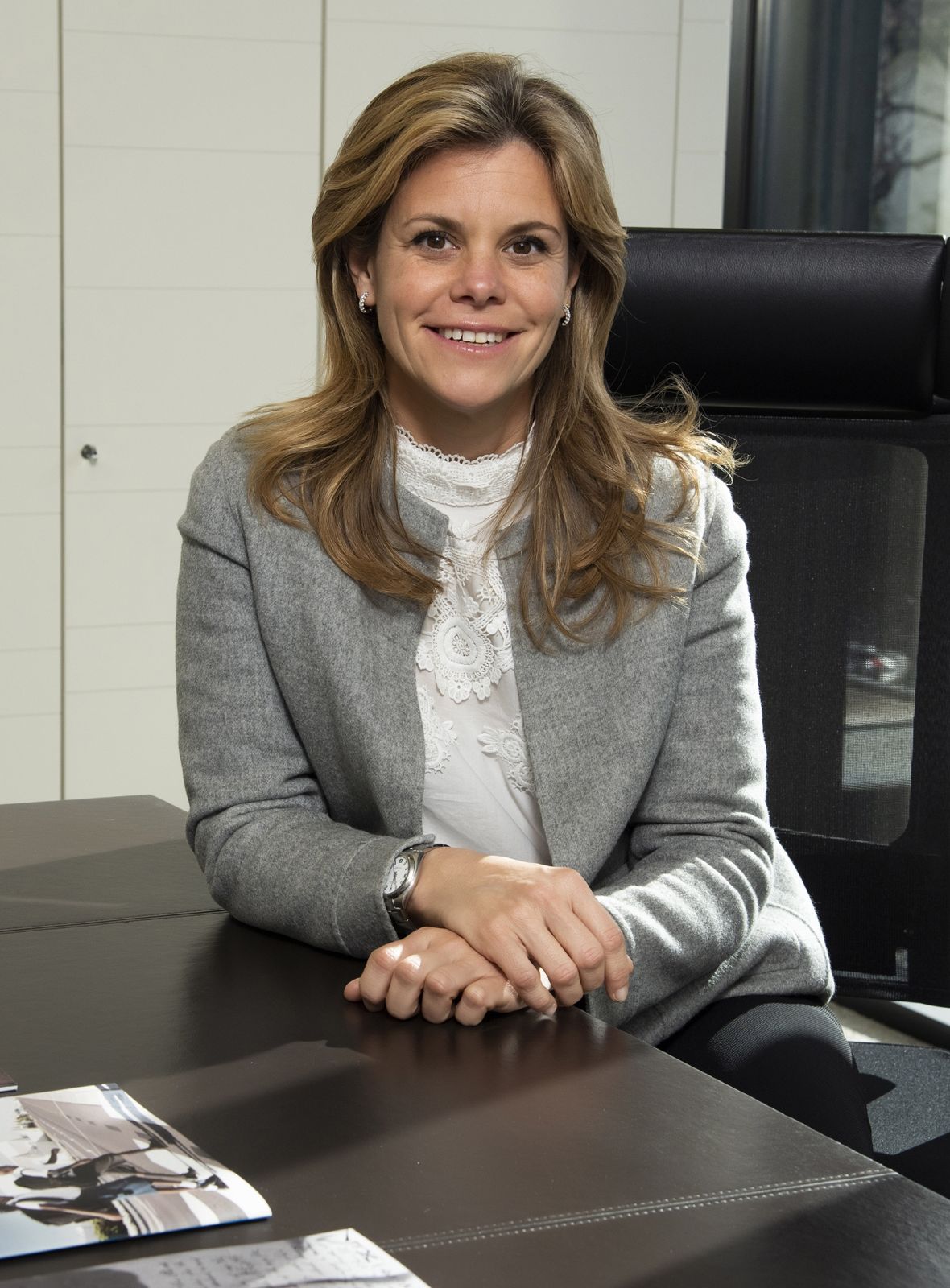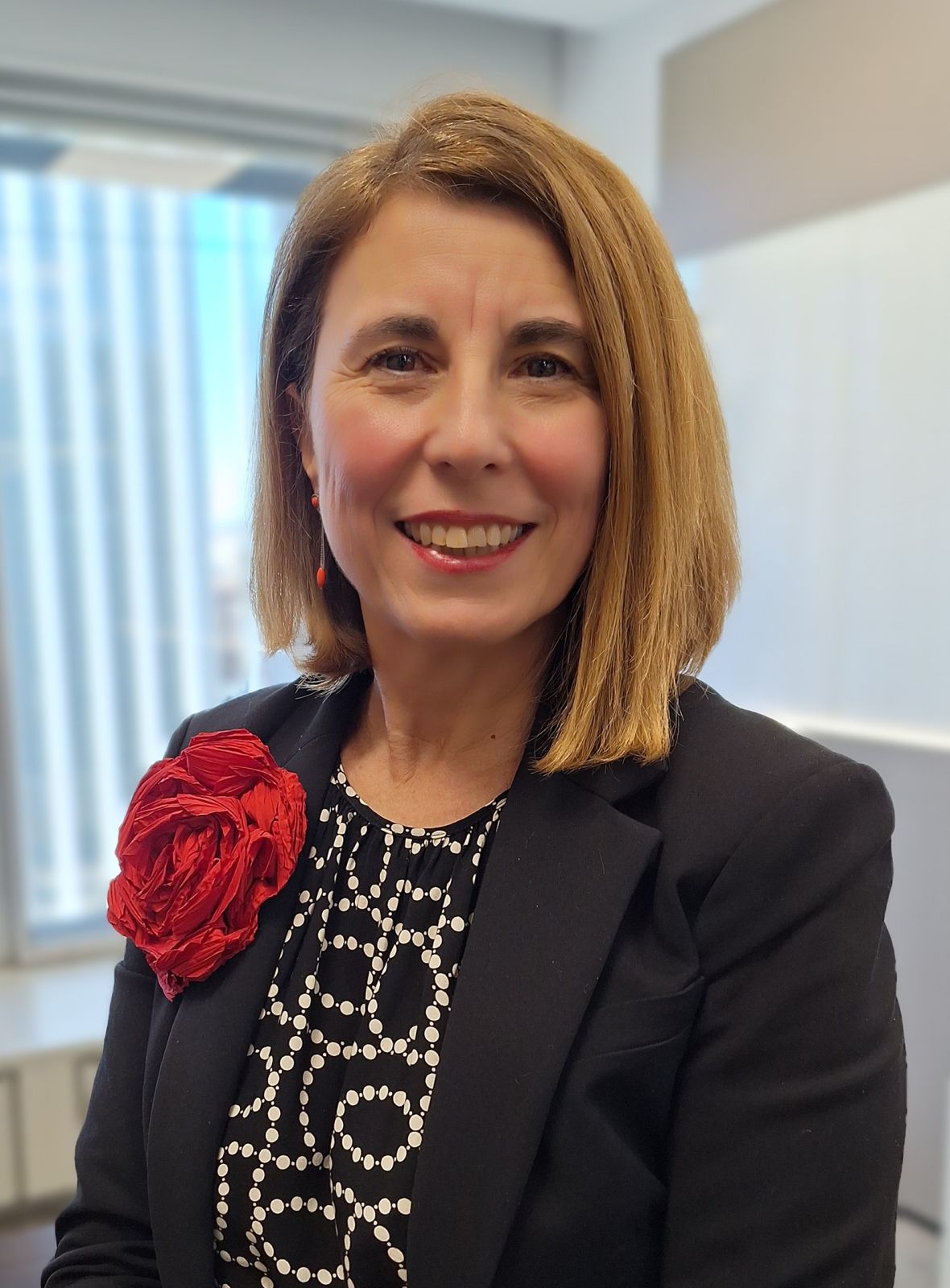Company: Abertis
Interviewed people: Georgina Flamme and Laura Berjano
Positions: Director of Institutional Relations, Communication and Sustainability | Institutional and International Relations Manager
Email: laura.berjano@abertis.com
Website: www.abertis.com
Georgina Flamme: Abertis is one of the leading international operators in the management of high-capacity, high-quality motorways, with nearly 8,000 kilometres of roads in 15 countries in Europe, America and Asia. We have been working for more than 60 years to be a key player in the financing and sustainable management of infrastructures in those countries where we are present. Our commitment to society is focused on long-term investment in high quality infrastructure, ensuring that our customers, when they choose our highways, have the opportunity to experience a safe, comfortable and sustainable journey.
Laura Berjano: Road safety is one of the most important areas of our activity. Proof of this is the coordination we maintain between the technical and communication teams to improve our roads through innovation and best technological practices, but also by raising user awareness and communicating good practices that can be implemented in all the group’s business units.
G.F.: At Abertis we believe that one of the biggest challenges we face as a sector is the transition towards a more fluid and sustainable mobility, and we understand that this transformation must include concepts such as safety, connectivity, intelligence, efficiency and sustainability, as attributes of a key sector for improving people’s quality of life.
We are aware of our transformative role within this reality and how we can contribute, through our performance and experience, to achieve this new mobility, driven by technology, innovation and sustainability.
G.F.: Abertis seeks to lead the development of the future model of infrastructures for more efficient mobility in all senses: economically, socially and environmentally. This translates into guaranteeing safety on the roads it manages, making its activity less polluting, consuming fewer resources and adapting to new technologies that make more sustainable mobility possible.
L.B.: As partners of public administrations, we advocate an equitable mobility model that, by jointly incorporating the European principles of pay-as-you-go and polluter-pays, serves to foster the shift towards carbon-neutral mobility and to finance the modernisation, digitalisation and electrification of road infrastructures.
G.F.: Innovation is one of the Group’s strategic pillars. We are pioneers in applying new technologies to high-capacity infrastructures, promoting innovative solutions and facing the challenges of mobility, which are constantly evolving.
We are at the forefront in the configuration of new mobility services, taking advantage of new technologies, as for example our subsidiary Abertis Mobility Services does in different European countries, and fostering cross-border collaborations for a future of connected transport, such as the one we have developed between France and Spain through the PODIUM project.
In this sense, we are actively participating in numerous open innovation projects such as C-ROADS-2, PODIUM, 5GMED, IMMENSE, and MERIDIAN, together with other partners at European level.
L.B.: The Chamber is very active and organises high-level events that allow us to interact with European Commission officials on issues of general interest such as climate change, sustainable mobility or the single market. These forums are very important to share the experience of private enterprise with European officials in pursuit of the common goal of improving the quality of life of citizens.







